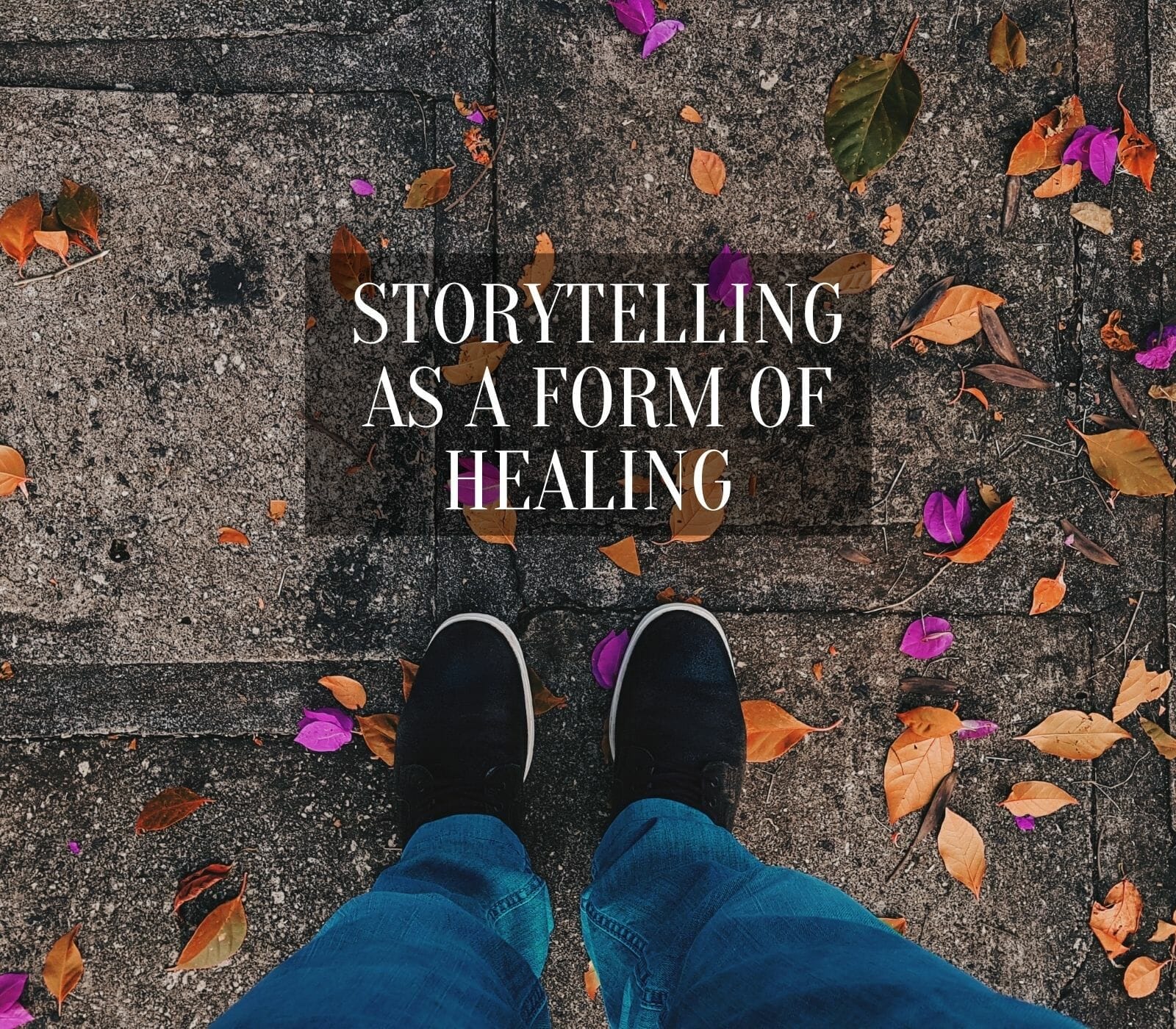Memoirs: Where Does Our Own Story Come From?

Memoirs: Where does Our Need to Tell Our Own Story Come From?
There is a widespread phrase by the Danish writer Izak Dinesen that says: “To be a person is to have a story to tell.”
The fact is that everyone has a story to tell. We are not kidding when we say that we are a Global Tribe interconnected by a web of stories.
We need to talk about ourselves all the time, be it for friends, family, or Facebook timeline. If we stop to think, we always narrate our life in conversations and images. But why do we need to tell our own story so severely?
Selfies are a new creative way to “storytell” our lives in the digital age.
We write to taste life twice, in the moment and in retrospection.
Anais Nin
Where does our need to tell our own story come from?
Communication scholars will say that creating narratives is intrinsic to human beings and is part of their communication. In turn, communication has always been the basis of social interaction and essential for man’s life in society, says journalist Francisco Rudiger, in his book “Theories of Communication.”
Our “storytelling” habits are old, meaning as old as time itself. In the past, the exchange took place in circles around a fire at the end of the day. Further on, on the chair facing the sidewalk. On a bar table. Although we still have all these traditional options, today, we even can talk about ourselves all the time, in real-time, through social networks.
Why do the “storytelling” of Our lives?
In practice, Storytelling is a set of narrative techniques inspired by screenwriters and writers to transform any content into a unique journey for the interlocutor, to develop an emotional connection, and convey a message.
Based on your experience with films, series, and pop culture in general, you know that it’s not just any story that you can hook and charm.
Some narratives arouse the love of one person, the hatred of some, and the indifference of others.
That is because there are several layers and elements to build good Storytelling. Like being Human, our stories can be complicated and be very multidimensional.
Are you going to say that it is not pleasant to post that photo of a beautiful place that you were on Instagram?
Or do a friendly text about an achievement or difficulty on Facebook? Of course, there is a whole debate about the “show” that we create with this virtualization of ourselves in online “avatars,” a custom that requires care.
It is not healthy when it becomes an ongoing and unconscious search for “likes” because it becomes popular. However, the habit and the will to make us reveal ourselves to the world is within us.
Some lines even study biographies’ writing to signify – or re-signify – our lives after trauma, difficult moments, or phases of transformation.
In his book “5 lessons of storytelling”, author James McSill points out: “in life, the great strength of storytelling comes from its inspiring effect, allowing people to deconstruct, analyze and reinterpret their own stories from their own experiences and create, recreate, meanings.”
The Narrative We do About ourselves Affects Our Lives
Along these lines, McSill points out: “the more you know about history to understand the stories of your life, the easier it will be to reinterpret and transform them.” The Narrative we do about ourselves does affect our life itself. “We can tell the same story with a focus on the problem or solution,” he says.
In “The name of the wind,” author Patrick Rothfuss says that it is as if the time we all told a story about ourselves inside our mind, quotes McSill. And that story is what makes you who you are. “We tell each other from the stories,” says Rothfuss.
Again, the writer Izak Dinesen herself, whose I quoted at the beginning of this article, also says: “All sufferings can be borne if we convert them into a story, or if we tell a story about them.”
Storytelling as a Form of Healing
Storytellers and even psychology experts ensure that telling our lives to others is essential. Many of us know the relief we feel when making a real outburst, don’t we?
And that is the importance of talking – honestly – about ourselves. In narrating us, we mark our existence in the world. Whether writing our story in a book, in a Facebook post, or telling a friend at the bar table. May our life be full of excellent and meaningful stories!




